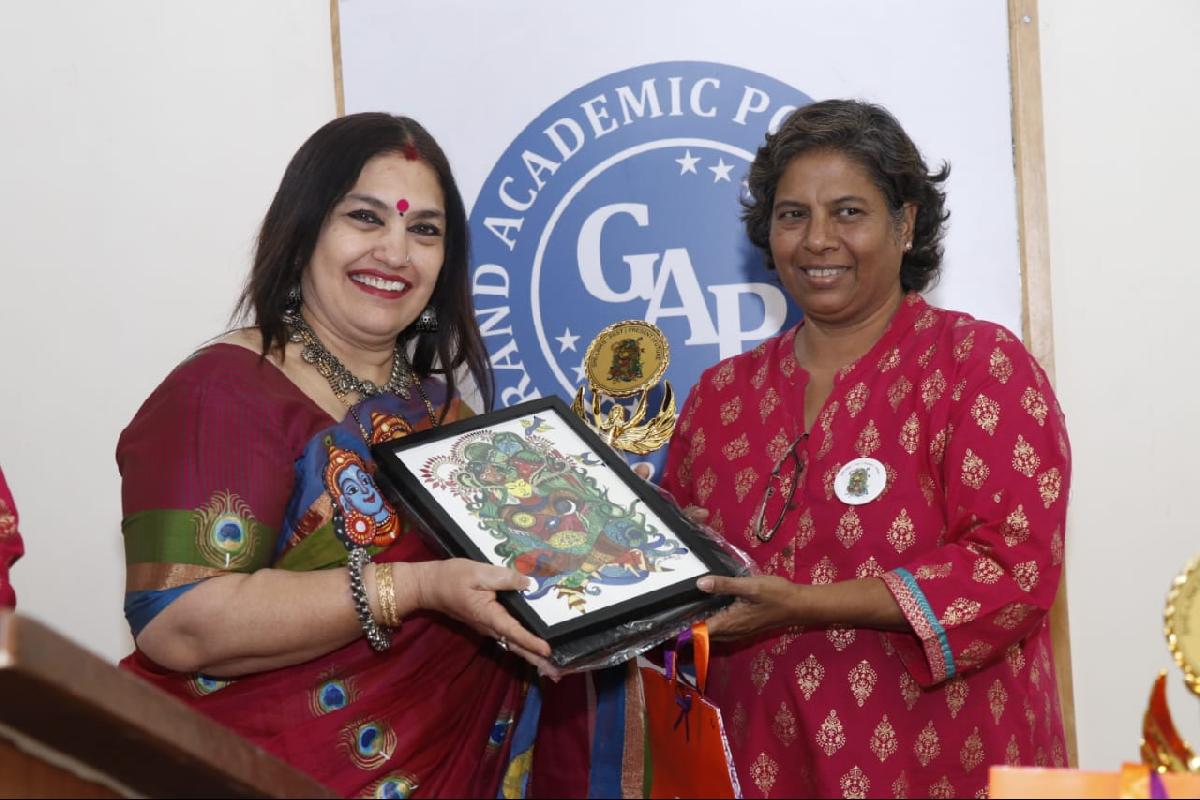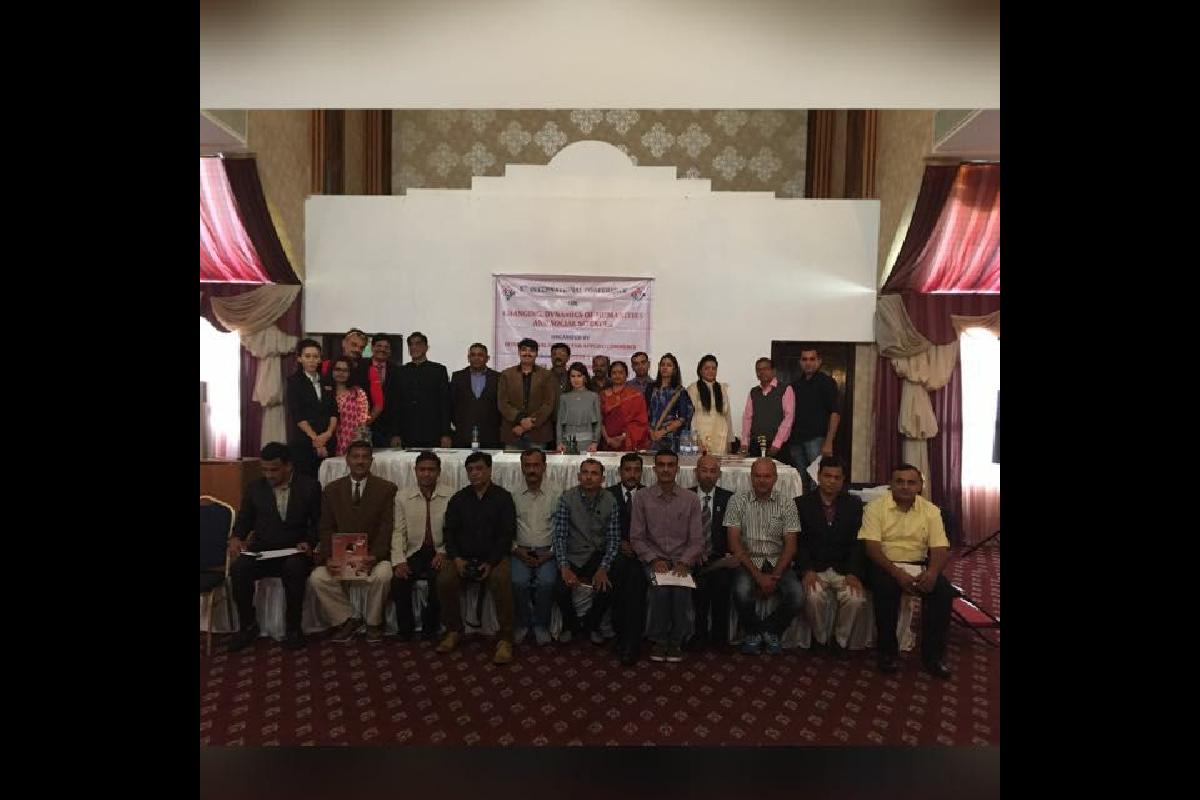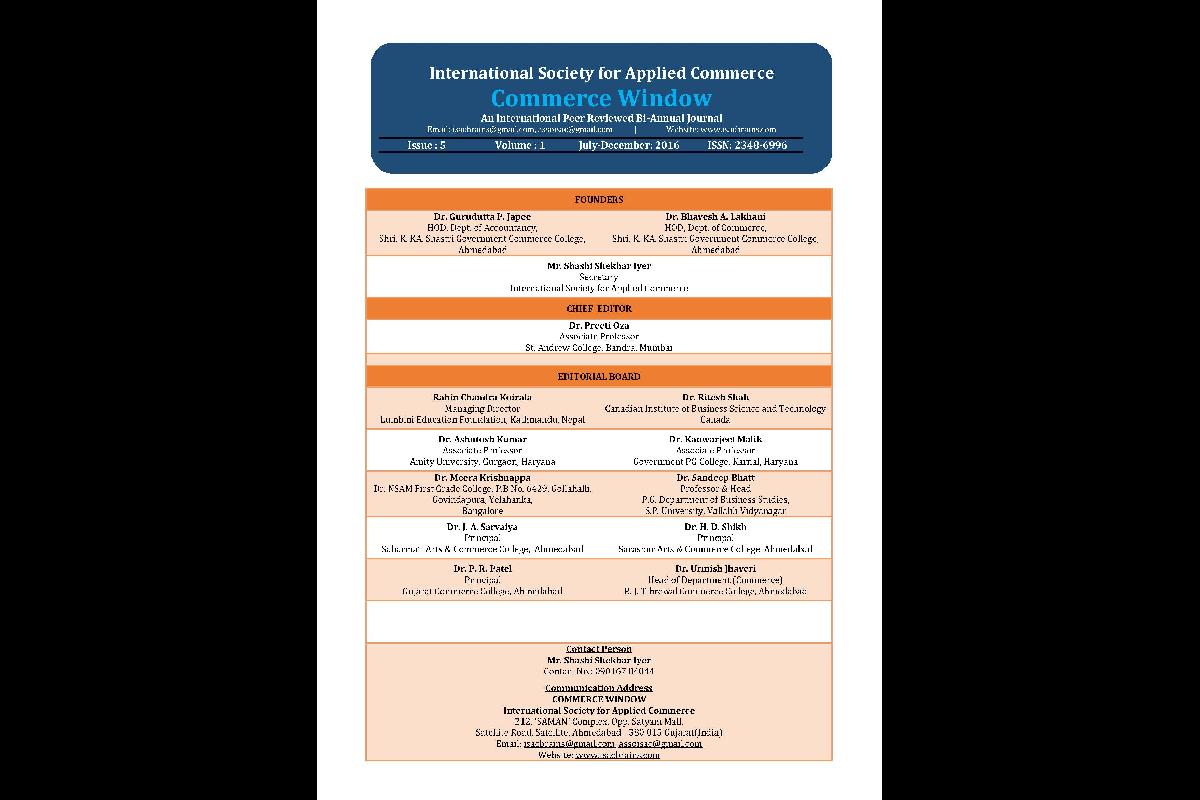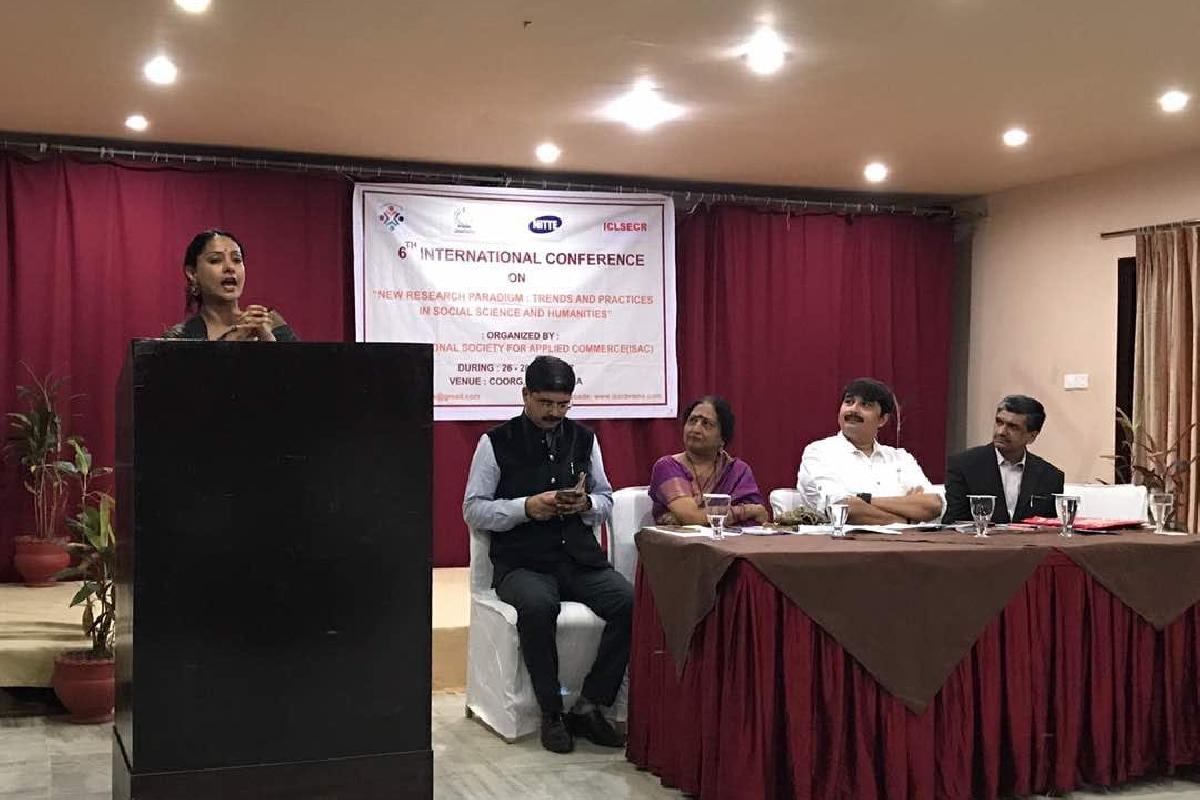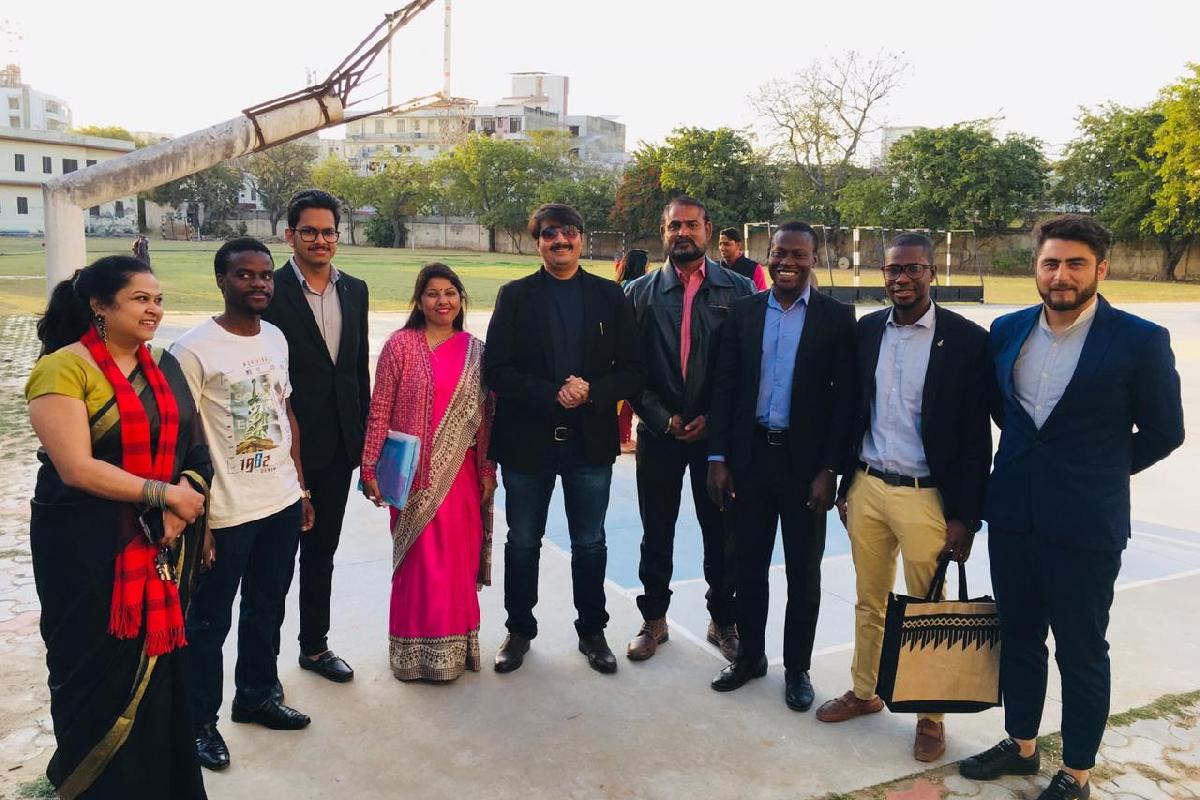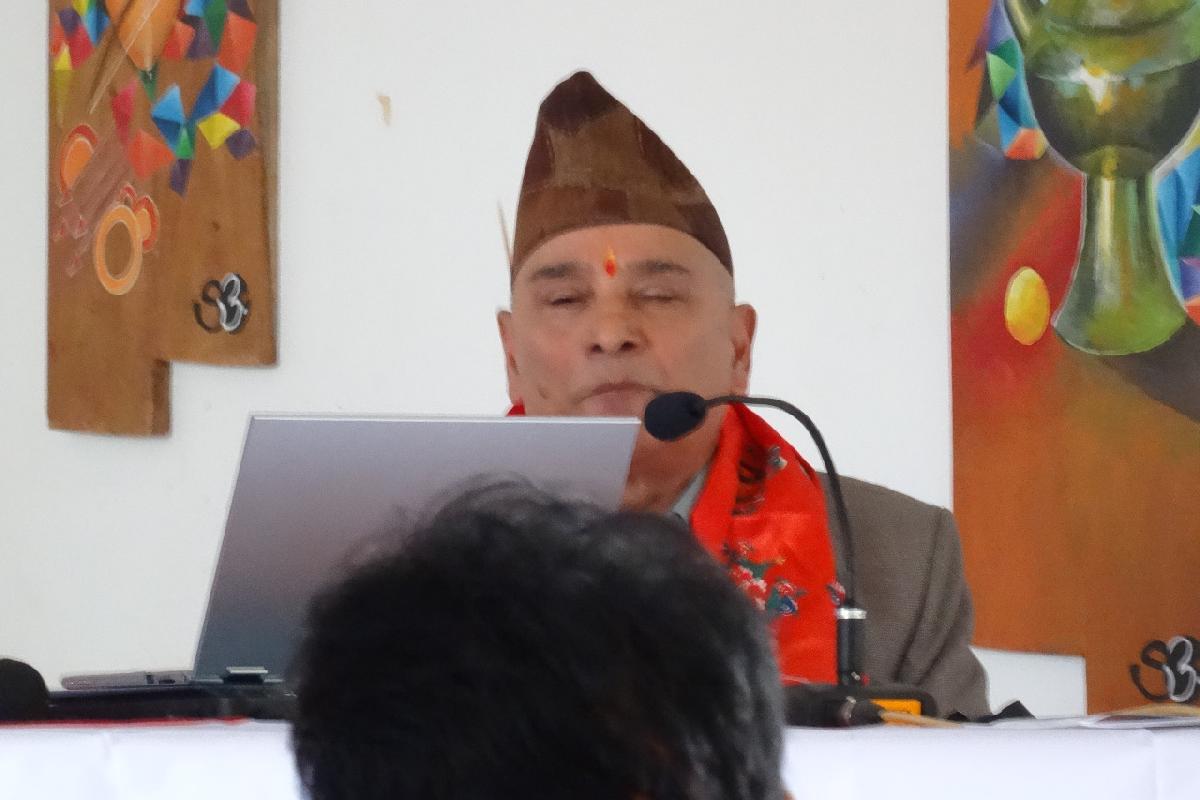-
Training – TRAIN THE TRAINER
- Building skills and areas of knowledge
This category is about the importance of building skills and is defined by three areas of knowledge: Teaching, Training and Teacher Development. The table below shows the breakdown of these areas across the three stages.
- Faculty Development
GAP will support strengthening of global networking of Universities from India by providing adequate financial support for training of their faculty abroad, bringing Non Residential Indian (NRI) faculty to provide some strengthening of core processes, arranging medium term technical support in improving pedagogy, etc. provided the Universities agree to certain minimum level of reforms. Any University willing to meet the minimum requirements by developing a time-bound road map which can be monitored regularly can join this project. This will be promoted online by developing a strong database by the professors for the professors.
Foundation Training for the faculty and academic administrators
- It is proposed to organize following training programmes under GAP
- Foundation Training, level A for the newly appointed faculty in Government and Grant in Aid (GIA) colleges and SFI colleges in India and Abroad, which will be of maximum 7 days' duration. It will be organized online by engaging external experts;
- Foundation Training, level B will be a medium-term in-service training for the newly appointed faculty for a maximum duration of 7 days. These subject specific programmes will be organized in an eminent institute or University department and will be aimed to provide them the best inputs on the subject, including use of non-class room tools, advance student evaluation techniques, better design of practical classes for linking the theoretical knowledge with the practical inputs, use of library and self study by students, etc.
- Foundation training, level C for the newly appointed Principals. This 7 days’ Programme will also be organized online.
Management and Impact Study Of Faculty Improvement Programmes
- GAP will maintain a data base of all the trained faculty, and will carry out pre- and post-training assessment of the faculty, besides a training impact assessment will also be done by the GAP after 6 months of the training Programme to ensure that the training has actually resulted into desired improvements in the classroom performance of the faculty. A dedicated Centre for Faculty Development within will manage this sub-component.
Programmes Objectives
- The objectives of the Training Programme are to enable the newly appointed teachers to :
- Understand the significance of education in general and higher education in particular, in the global and Indian contexts.
- Understand the linkages between education and economic and socio-cultural development with particular reference to the Indian polity where secularism and egalitarianism are the basic tenets of society
- Understand the role of a College / University teacher to achieve the national goal of a secular and egalitarian society
- Acquire and improve basic skills of teaching at the College / University level
- Utilize opportunities for development of personality, initiative and creativity
- Promote computer literacy and internet knowledge
The topics that will be covered
- Teaching-learning methods, Microteaching, Communication skills, Teacher beyond the classroom, Useful websites for teaching and research, Examination reforms & student evaluation, Research methodology etc.
- Education, social justice & social reforms, Field visit to any distress center, Environmental issues, Disaster management, Secularism, Science & society, Issues and challenges of Media, Gender issues, Human Rights
- University system, Issues, and challenges in higher education, Computer practical’s (PowerPoint, an advanced word which includes preparing a question paper and saving it with a password, and excel for preparing mark sheets, percentage, percentile e.t.c.), IT laws & Internet security, Workshop on e-content development.
- Transactional analysis in education, dealing with students, Stress management, Time management etc.
- Different pedagogical tools for teaching various subjects (like case study, management games etc
From Teacher to Trainer
Autonomous Trainer
Lead Trainer
Knowledge of teaching
Demonstrates a basic range of core principles of effective teaching.
Provides rationale for classroom practice based on own experience.
Clarifies the purpose of a limited range of classroom practice.
Gives accurate and appropriate information about language form, meaning and use (e.g. parts of speech, tenses, usage)).
Demonstrates a good range of core principles of effective teaching. Is aware of non-core teaching practices.
Provides rationale for classroom practice based on own and others’ experience.
Clarifies the purpose of classroom activities with reference to varied lesson frameworks.
Gives accurate and appropriate information about different ways of describing language (e.g.grammaticalised lexis rather than lexicalised grammar).
Demonstrates a wide range of effective core and non-core teaching principles and practices.
Refers to a range of established and current theories underpinning classroom practice.
Relates classroom practice to a range of varied theoretical models of learning.
Demonstrates knowledge of a range of theoretical models of language description (e.g. discourse analysis, pragmatics, systemic functional linguistics).
Knowledge of training
Acknowledges that it takes time and effort for teachers to change their practice.
Acknowledges the challenges involved in changing teaching practice.
Knows and uses basic training practices.
Understands basic processes involved in changing teaching practice and provides practical guidance that will help teachers integrate appropriate changes into their practice.
Supports teachers in meeting the challenges involved in changing teaching practice.
Knows and uses a range of training practices.
Has a deep understanding of processes involved in changing teaching practice. Makes use of specific techniques to bring to the surface teacher beliefs about teaching and learning to facilitate deep change appropriately in their teaching practice.
Accepts and deals purposefully and empathetically with challenges involved in changing teaching practice, using a range of strategies.
Knows and uses a wide range of training practices and approaches.
Knowledge of teacher development
Acknowledges that professional development takes different forms and is a career-long process. Provides suggestions of a limited range of teaching resources.
Is aware of external pressures on teachers from education ministries, training activity sponsors, parents and the media.
Is aware of key research in teacher development.
Has a broad understanding of the field of teacher development. Provides a wide range of suggestions for courses and resources that can contribute to professional development.
Advises teachers on strategies for dealing with external pressures.
Has read a range of teacher development research.
Has a deep understanding of the specific development needs of individuals. Provides information on long-term development pathways for teachers. Provides an extensive range of resources, including specialisms.
Engages with external pressure agents to manage expectations while actively engaging teachers in developing strategies for dealing with external pressures.
Regularly refers to a broad range of teacher development research

